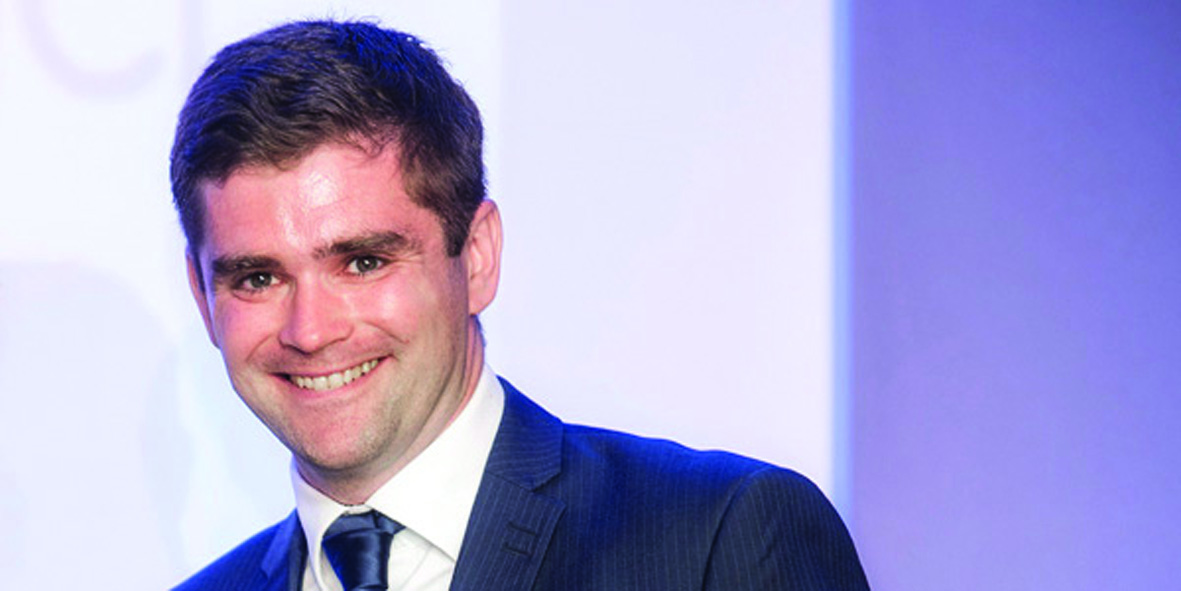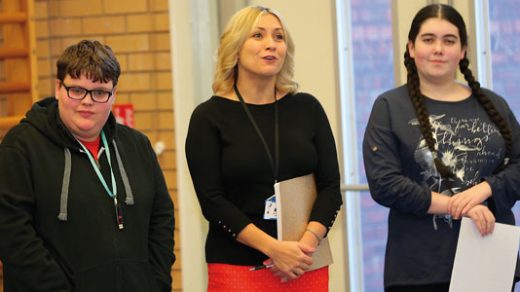Why government must crack down on unregistered alternative provision schools

James Madine – Managing director at Progress Education. Progress Schools is part of Progress Education, one of the UK’s leading providers of alternative education and careers support for young people of secondary school age. We are a national organisation with 12 independent secondary schools in operation.
The young people we support have been excluded from mainstream school and have special academic, emotional, behavioural and social needs.
Our pupils are some of the most deprived children in the UK and require a different approach to mainstream education.
We use a range of innovative teaching methods in GCSE and functional skill English and maths, as well as vocational subjects to help them to succeed.
Progress Schools helps young people move into positive destinations, which can include higher education, further education, training, voluntary work and employment and we even offer bespoke career advice.

Our students attend a wide array of courses including painting and decorating, hair and beauty and construction through the strong links we have with local colleges.
We have a dedicated team of staff who are skilled at identifying student interests and talents and matching them up with available apprenticeships and college courses.
Staff at school help students to complete application forms and also attend college interviews with students because, in the main, the students present with nerves and anxiety and we know we need to support them on their journey.
Our results speak for themselves. Since our launch in 2016, our schools have supported more than 1000 children and helped them complete their year 11 education.
However, we want all young people to have this opportunity and believe a major step forward would be for government to ensure all schools in the sector are registered.
In recent years, there’s been a huge rise in the number of unregistered independent schools. In 2019, an Ofsted report identified around 6,000 children who were attending an unregulated provision that year.
Typically, the children who attend an unregulated school are some of the most vulnerable in society, and unregistered providers can put them at greater risk by denying them an appropriate education.

Unregulated providers aren’t subject to an inspection of safeguarding or quality of education, so it’s impossible for authorities to understand what measures are in place to support pupils.
Therefore, we are calling on the government to make it a legal requirement for institutions to be registered and subjected to an Ofsted inspection when teaching children more than eight hours per week.
This way, the quality of the education can be assessed, and our most vulnerable children be protected.
The law requires that children in mainstream education be provided with full-time education or training of 25 hours a week. However, this is not the case for organisations in the alternative provision sector.
Whilst some children initially benefit from shorter hours to help them re-engage in education, this is not good in the long-term and has implications for the safeguarding of pupils and for the quality of their education.
There is evidence to suggest many students in receipt of this provision type, have reduced hours for significant periods of time as opposed to short-term intervention.
Staying beneath the guidance threshold of 18 hours per week – which quantifies as a full-time placement – the provision provided to students is not registered and means that for many students, no school is taking statutory responsibility for the education and welfare of that child.
There needs to be a real tightening on the wording in the current legislation from the DfE.
We must all work as a collective to ensure that every pupil excluded from mainstream education receives the support they deserve.




